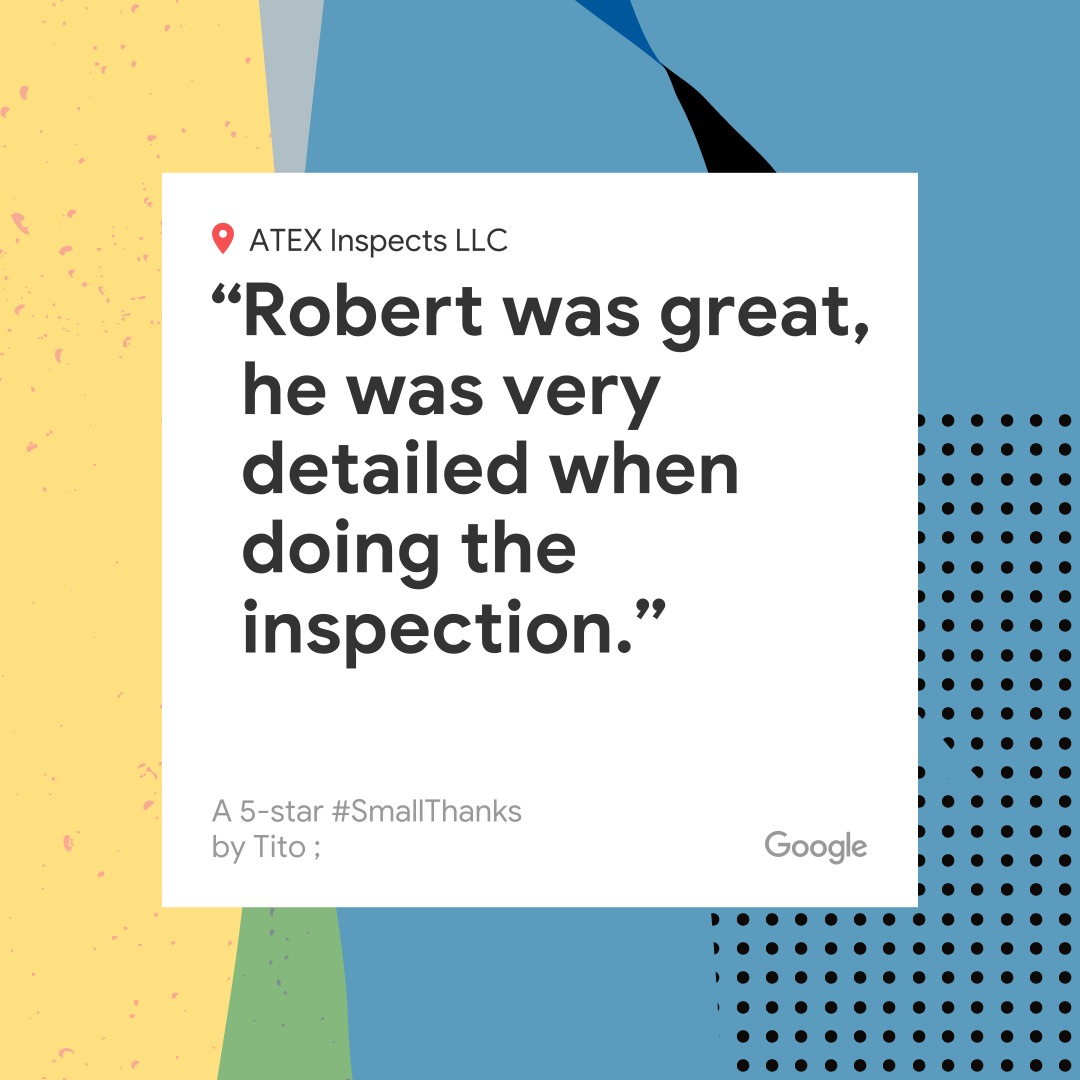Window Installations - Home Inspectors Houston, TX
/Houston Home Inspectors - Window installations methods and procedures in greater houston tx area
Read MoreThis Home Inspection & Commercial Property Inspection Blog is dedicated to informing the general public about things they might want to better understand concerning Inspections and the home or a property, the everyday life of an Inspector and some miscellaneous things that come to mind! Enjoy!
Click On The Titles to See The Full Articles!
Houston Home Inspectors - Window installations methods and procedures in greater houston tx area
Read MoreHome Owner Maintenance for Tankless Water Heater systems (Greater Houston TX Area).
Read More


Boom Truck depositing concrete into slab form…




Copyright 2025 ATEX Inspects, LLC. All Rights Reserved.
Trademarks are the property of their respective owners. Texas Real Estate Commission Consumer Protection Notice